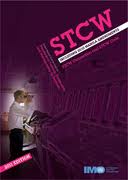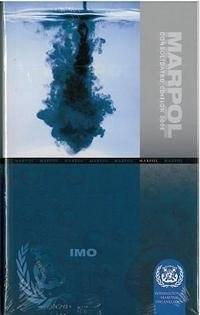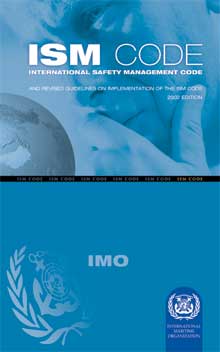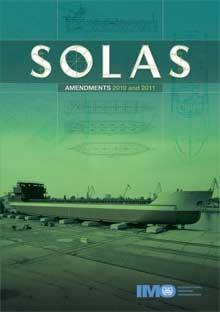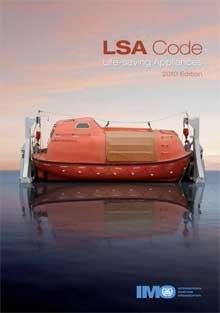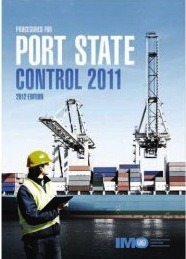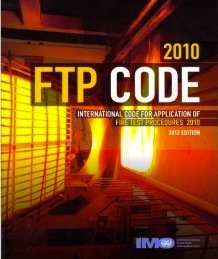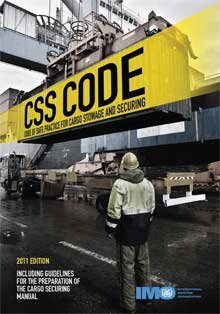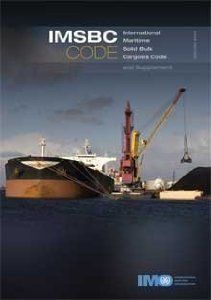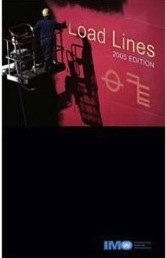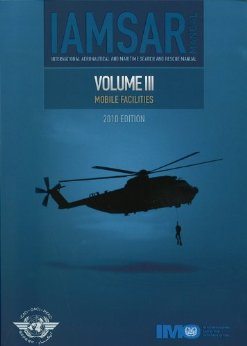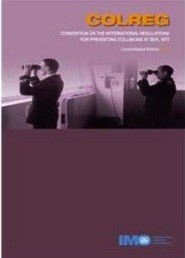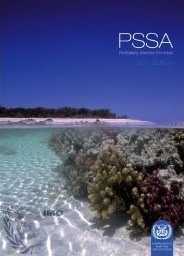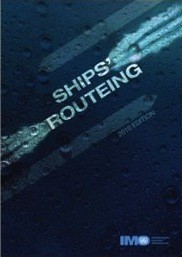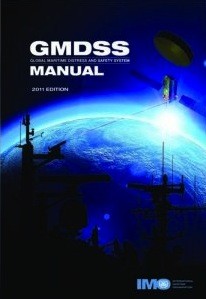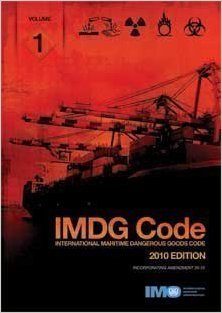Shipping Law and Conventions
STCW – Standards of Training, Certification, and Watch-keeping
The STCW Convention deals with standards of competence required by seafarers to join merchant vessels. It includes new training and certification requirements and methodologies, requirements of hours of work and rest, medical fitness standards for seafarers, and prevention of drug and alcohol abuse. The STCW convention is a must-read for all seafarers.
MARPOL
MARPOL is one of the most important maritime regulations today. Marine pollution (MARPOL) regulation deals with prevention of marine pollution by harmful substances discharged from ships. It consists of six annexes for controlling and eliminating of marine pollution.
The International Safety Management Code (ISM)
The International Safety Management Code (ISM) is one of the important regulations of the SOLAS Convention which deals with safety of seafarers at the sea through safe management of shipping operations. ISM code publication is an essential reference for shipping owners, operators, companies, and maritime institutes. The code explains safe management practices for safety at sea and avoidance of damage to the environment.
Safety of Life at Sea (SOLAS)
SOLAS or Safety of Life at Sea is one of the most important maritime conventions. It deals with safety of lives of seafarers at sea and describes requirements for all merchant ships to comply with the minimum safety norms in its chapters. This is one important book for all seafarers and ship owners.
Life Saving Appliance (LSA) Code
The Life Saving Appliance (LSA) Code was adopted by the International Maritime Organization (IMO) to provide international requirements for the life saving appliances, including personal protective equipment such as life jackets, immersion suits, visual aids, thermal protective aids etc.
Procedures for Port State Control (PSC)
Port state control (PSC) is an important procedure which is carried out on all ports around the world to find deficiencies in foreign ships and to increase maritime safety and prevent marine pollution. Procedures for Port State Control provide basic guidance to conduct inspections of ships worldwide and harmonize the criteria for the application of control procedures.
The International Code for application of fire test procedures
The International Code for application of fire test procedures provides international requirements for laboratory testing, type-approval, and fire test procedures for products referenced under SOLAS Chapter II-2. It includes test for non-combustibility, test for smoke and toxicity, test of “A”, “B” and “F” class divisions, test for fire door control system, test for surface flammability etc.
Cargo Storage and Securing (CSS) Code
The Cargo Storage and Securing (CSS) Code provides guidance for safe working conditions for securing of containers on deck of the ship. It also deals with safe stowage procedures and storage of vehicles in ships.
IMSBC Code and Supplement
The International Maritime Solid Bulk Cargoes Code and Supplement provides information on safe stowage and shipment of solid bulk cargoes. It informs on the dangers associated with the shipment of certain types of solid bulk cargoes and gives instructions on the procedures to be adopted when the shipment of solid bulk cargo is contemplated.
Load Lines Convention
The international convention on load lines deals with freeboard and stability of the ship along with potential hazards present in different zones and different seasons. One of the main purposes of this code is to ensure the water tightness integrity of the ship’s hull below the free board deck.
IAMSAR – International Aeronautical and Maritime Search and Rescue Manual
IAMSAR is a manual jointly published by International Civil Aviation Organization and International Maritime Organization for mobile facilities which are intended to be carried on board ships to help with performance of search and rescue in times of emergency.
Collision Regulation (COLREG)
The convention of International regulation for prevention of collision at sea is an essential guide for ship navigation at the sea. The regulations are also known as the “rules of the road” or navigation rules that are to be followed by ships and other vessels at the sea to prevent collision between two
International Code of Signals
Intended for communications between ships, aircraft and authorities ashore during situations related to the safety of navigation and persons, the Code is useful when language difficulties arise. It can be transmitted by all means of communication, including radiotelephony and radiotelegraphy.
PSSA – Particularly Sensitive Sea Areas
Compilation of all guidance documents and PSSAs designated by IMO since 1990 A Particularly Sensitive Sea Area (PSSA) is an area of the marine environment that needs special protection through action by the International Maritime Organization (IMO) because of its significance for recognized ecological, socio-economic, or scientific attributes where such attributes may be vulnerable to damage by international shipping activities.
Ship’s Routeing
This book aims at ensuring the greatest possible safety of shipping and cleanliness of oceans through routeing measures to control the navigation of vessels and to monitor their progress. The measures that are described or defined in parts A and H of this publication are individually described in parts B (traffic separation schemes), C (deep-water routes), D (areas to be avoided), E (other routeing measures, such as recommended tracks, two-way routes and recommended directions of traffic flow), F (the rules and recommendations on navigation that are associated with particular traffic areas and straits), G (mandatory ship reporting systems, mandatory routeing systems and mandatory no anchoring areas) and H (archipelagic sea lanes).
Maritime Security and the ISPS Code
This User Guide has been developed to consolidate existing IMO maritime security-related material into an easily read companion guide to SOLAS chapter XI-2 and the ISPS Code in order to assist States in promoting maritime security through development of the requisite legal framework, associated administrative practices, procedures and the necessary material, technical and human resources. It is intended both to assist SOLAS Contracting Governments in the implementation, verification, compliance with, and enforcement of, the provisions of SOLAS chapter XI-2 and the ISPS Code. It should also serve as an aid and reference for those engaged in delivering capacity-building activities in the field of maritime security.
GMDSS Manual
GMDSS Manual provides, in a single comprehensive publication, an explanation of the principles upon which the GMDSS is based, the radio communication requirements and recommendations for its implementation, the operational performance standards and technical specifications to be met by GMDSS equipment, and the procedures for and method of operation of the various radio services which form the GMDSS and the Master Plan for the GMDSS.
International Maritime Dangerous Goods Code(IMDG)
IMDG Code or International Maritime Dangerous Goods Code is accepted as an international guideline to the safe transportation or shipment of dangerous goods or hazardous materials by vessels. IMDG Code is intended to protect crew members and to prevent marine pollution in the safe transportation of hazardous materials by vessel. It is recommended to governments for adoption or for use as the basis for national regulations.
Do you have info to share with us ? Suggest a correction

